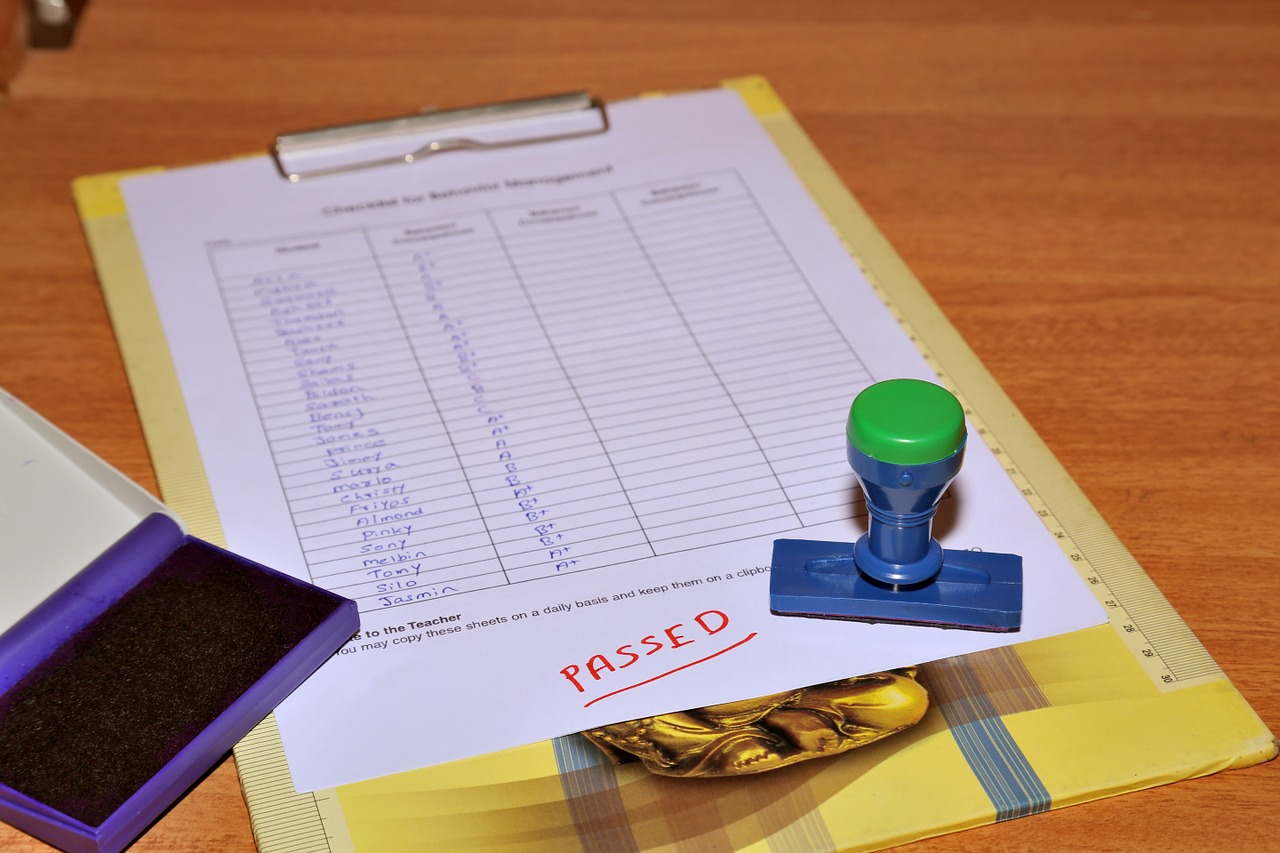
Recently I came across an academic publication in the JACR, my favorite radiology journal, called Factors Influential in the Selection of Radiology Residents in the Post-Step 1 World: A Discrete Choice Experiment. I had to look at it for a couple of reasons. First of all, I’ve written about the topic before in an article called USMLE Step 1 New Pass/Fail Grading-Winners and Losers From A Program Director’s Perspective!. My article espoused most of the JACR article’s ideas. And I wrote this article over 1.5 years before this new “academic” JACR article existed! (without even a citation of my publication!). Therefore, the topic was very relevant to my interests.
Second, I was curious about if the conclusions would match up with my own. And, to answer the second question, they certainly did. As I summarized in my blog, this article also concluded that medical school prestige would gain outsized influences. Moreover, just like my article, they said that Step 2 scores would partly fill the gap left by the loss of Step I scores. (1)
Overcomplicating And “Academicizing” For The Sake Of Academic Publication
Nevertheless, having looked at the article for a few minutes, I found it more amusing how complicated they made this “study” to come up with simple logical, rational conclusions that any program director would make if you asked them. I mean, they got into “discrete choice experiments,” randomizing how faculty would answer when presented with different application situations. Simple surveys would have done the same trick. Now, I am a firm believer in evidence-based medicine to further science. But, this article is the perfect example of taking old information out there on the web (my own!) and overly complicating and “academicizing” what should be a simple logical thought process to create an “academic” paper out of it. If you will, this is another example of publishing for publishing’s sake merely to add to your credentials.
Is Your Article Genuinely Adding To Radiology Body of Literature?
Unfortunately, this type of intrigue happens all the time in academic radiology and medicine in general. So, if you genuinely want to add to the science and practice of radiology, think about the ideas and hypothesis that you are about to research. Are they original, or have other folks written about them? Will your paper serve a specific objective, or will it just add to the body of documents out there? And, finally, don’t try to complicate the issues when you can achieve the same goal in a much simpler way!







